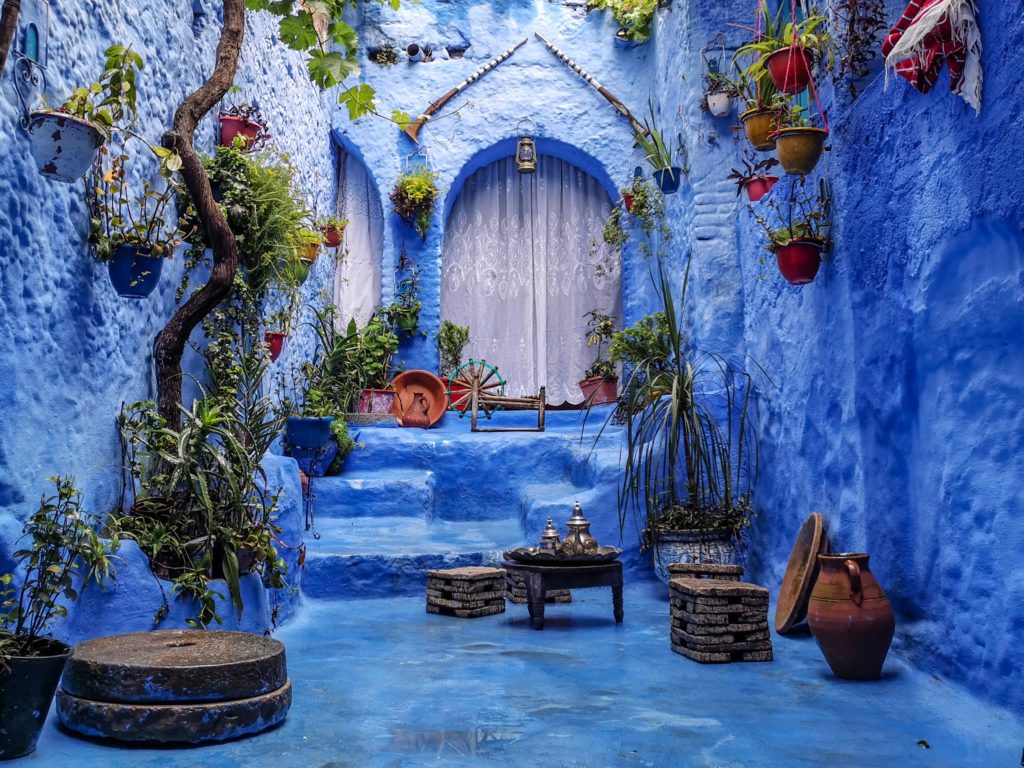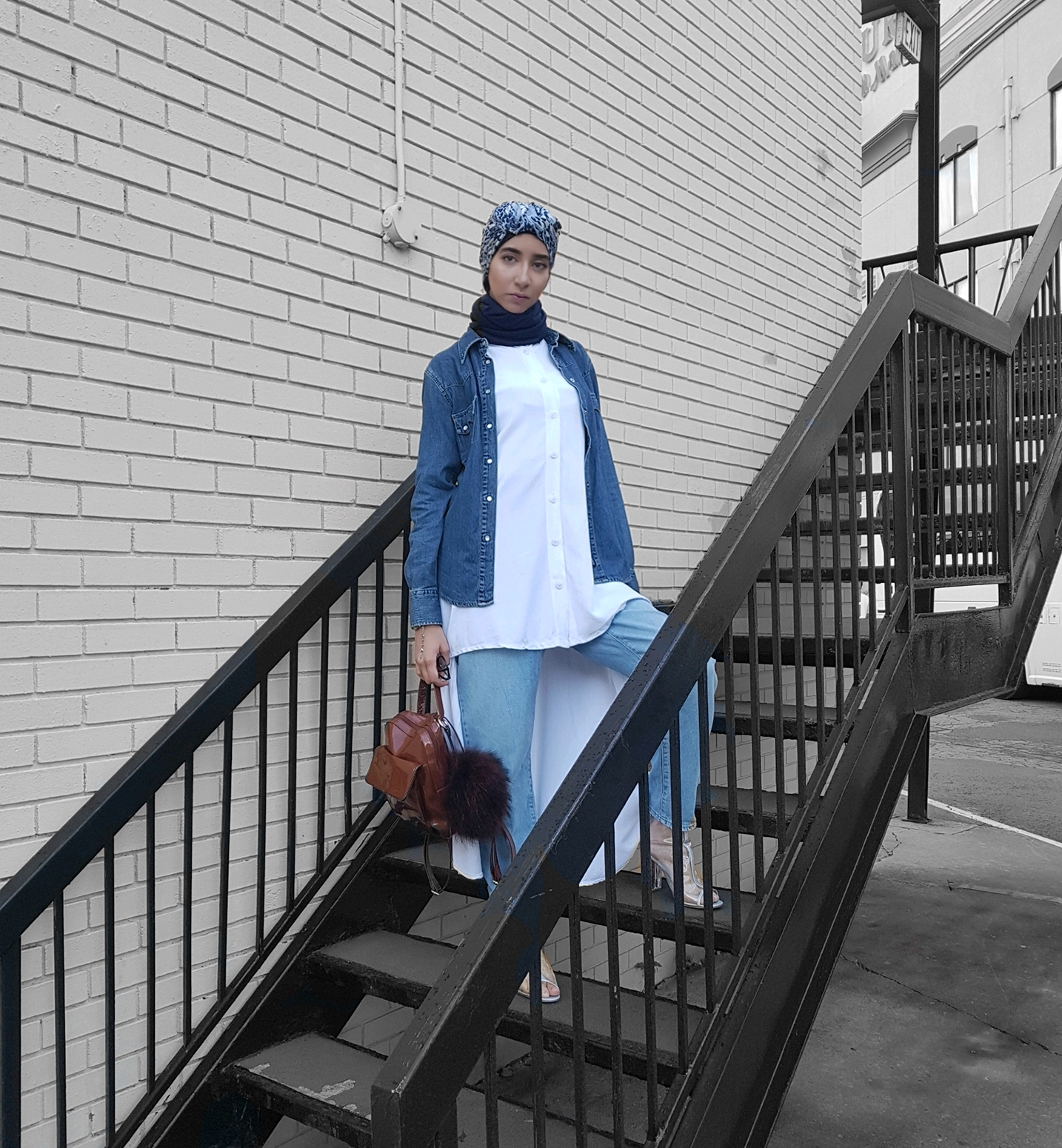Pros and cons of living in Morocco

Pros and cons of living in Morocco
I like to see the best in people, and in places. No matter where I’m going, I’m always excited about it, and full of positive expectations. Every place has its ups and downs, pros and cons so does my country; Morocco. I was born and raised in Casablanca, Morocco. All my life lived in here, I’ve encountered the beautiful and the ugly. Some of my encounters were already expected, others not so much. My life in Morocco is filled with good and bad, beautiful and ugly, fun and outrageous, relaxing and funny, but mostly stressful moments.So if you’ve ever considered moving to Morocco, here are some pros and cons of living in Morocco that I decided to share with you today.
Pros
1.The Food is Bloody Amazing
Want to lose weight? Then forget about Morocco. Servings are huge and most meals are quite cheap. Morocco’s national dish is the tagine – a hearty North African stew combining lamb, chicken or fish with potatoes, peas, beans, nuts and spices like saffron, ginger as well as cinnamon and dried fruits that typically cost around $3 to $6. If you go to some restaurants, You’ll find that every meal begins with flatbread and 10 separate dips – zucchini marinade, rice with herbs, beans in garlic, sweet carrots, diced potatoes, Moroccan salad, olives, aubergine dip and scolymus (a herb like spinach). Then comes the main – meshwi – barbecued lamb with couscous – followed by dessert.
Plus, we can’t forget about the Moroccan mint tea. If there is something I loved about Morocco that is this tradition of drinking mint tea all the time. At breakfast, lunch, dinner or on a break, mint tea is there, just like if it was coffee. It’s beautiful to see how it is served, not to mention how healthy and sweetly delicious it is.
2. It’s an incredibly photogenic country
It is absolutely incredible how the country is photogenic. Doors and windows, palaces and Islamic schools, mosques and museums, gardens and streets, mountains and lakes, ocean and waterfalls. Yes, Morocco is impressive, and you will return home with thousands of pictures to say the least. Just make sure to prepare your camera and grab your phone every time you go out, because there are a lot of beautiful things to capture.
Check out my Marrakech Travel Guide HERE
3. The amazing landscape
It is breathtaking and jaw dropping. From north to south, in a few kilometers it’s incredible how the landscape changes. Morocco has it all, the second highest mountain in North Africa, the Atlas Mountains, the ocean, beautiful waterfalls, lakes and beaches, forests, canyons, abundance of palm and olive trees, caves, and of course, desert – The Moroccan Sahara. It is an unbelievably beautiful country; your eyes won’t even believe in what they will see.
4. Moroccan Music
Moroccan Music is one of the fundamental aspects of Morocco’s culture. There are many different musical styles to be found in Morocco, each one with its own history. You can find Amazigh music from the Rif, Andalusian music from Rabat, Fes and Oujda, Chaabi from the Atlas, Ahidous from the Souss as well as Gnawa plus many more.
5. Moroccan Architecture
Moroccan Architecture has been greatly influenced by numerous architectural styles such as Arabic architecture for fountains, Geometric Design and Islamic calligraphy, Persians techniques for tiling concept (Zellige), Al-Andaluz Architecture (Southern Spanish) for Andalusian gardens and arches. More recent buildings are influenced by French architecture due to France occupying Morocco in 1912. That said, more modern buildings keep a balanced combination of all these architecture style.
6. The rich history and culture
The enchanting land of Morocco full of wonders is a country rich in terms of history, traditions, culture, religion and geography. As like all other countries, Morocco is special with its own culture. Furthermore, it is also a place of acceptance towards differences. Morocco has become a country where you’ll find an embracing of other cultures and traditions and even a practice in certain corners. This country has truly known the meaning of multitude, given that its culture has changed a lot throughout the history.
7. The variety of languages in Morocco
As you travel across Morocco, you will discover it is a land of art and history, the country alone has hosted Berbers, Phoenicians, Arabs, South (Sub-Saharan African) and North (Romans, Vandals, French, British, Spanish-Andalusians, both Muslim and Jewish): however, the majority of Morocco’s population is Berber and Arab by identity, and the two official languages in Morocco are the Moroccan Arabic dialect, known as Darija, and Amazigh (Berber). You will also find many Moroccans who are fluent in French, because due to the French colonial authorities centuries ago, French is now the country’s primary language of economics, culture, commerce, medicine, and sciences and it is used in government and schools as well. If you go to parts of Morocco that used to be controlled by Spain (like the north), you will find many Spanish speakers there. Though French and Spanish are much more popular still as second languages, English is becoming the new hot language for young Moroccans to learn. In fact, the state recognized this and in 2002 pushed through a reform stating that English will be taught in public schools starting in the fourth year.
So as you probably gathered from above, Morocco is home to speakers of a variety of languages and practically everyone in Morocco is at least bilingual. But in my case, I speak all 4 languages: Arabic, French, English and Spanish!
Cons
1. The way men look at women
I’m SERIOUSLY done with this!!! I don’t know if this is a Thing in your country but the way Moroccans do it, it’s nothing like it. It doesn’t matter if you are wearing a burka, they will stare. It also doesn’t matter if you are with male company, they will stare, and the problem lies on the aggressive way they stare, and for how long they do it. They just don’t care if it makes you feel uncomfortable, the more the better. They feel good about it, and that’s the worst. Not to mention the excessive amount of sexism, slut-shamming, body-shamming, sexual harassment, negative judgments that Moroccan women and girls go through every single day! Women here are very under-estimated and not respected. A lot of women here are still treated like slaves!
2. It’s dirty and lacks hygiene
The streets of the medinas in particular, will shock you. Of all the cities I’ve been to, Assilah and Ifran were the ‘cleanest’. Papers, plastic, dead rats and pieces of dead animals such as chicken heads, flies everywhere, feces (both human and animal), and trash, lots of trash, I mean plastic bags filled with trash just sitting in the middle of the streets. Yes, it is smelly and disgusting!
On the road you will see trash everywhere, even in the desert and near beautiful waterfalls, to my disappointment. This issue is not only in the street, you’ll find it also in the Malls, Public places, schools, restaurants…like would it kill them to stock some toilet paper in the bathrooms?!?! I think not.
3. The lack of respect for the highway code
This topic makes me go CRAZYYY!!! Red lights, stops and pedestrian crossings deliberately are absolutely not respected; taxis stopping in front of the station despite the very clear marking… Morocco remains one of the most dangerous countries in the world on the road.
4. Quality of Healthcare
Hospitals in big cities are decent, though certain specialties are not always available. On the other hand, in the rural areas, the quality and quantity of health infrastructures are problematical. It can also cost you a lot of money, from paying the doctor, to buying medication and doing the scans.
5. Quality of Education
In Morocco, education is the sector that is not in the primacy of the government and doesn’t give it great importance either in terms of human resources or financial aids. Since Morocco’s independence in 1956, its education system has typically been described as frustrating and disappointing. Morocco suffers from low-quality education as reflected in performance indicators. In a 2014 update completed by the UNESCO Institute for Statistics, Morocco ranks in the thirtieth percentile for learning compared to other countries. The most recent PIRLS and TIMSS assessment results for 2011 showcase just how poor Morocco’s performance is. Test results reveal Morocco ranks second to last in math and last in reading compared to the 36 countries participating.
6. Lack of safety
Morocco ranked 37th most dangerous according to crime perception out of 118 countries in the Numbeo website’s 2019 Crime Index. Morocco came fifth in the Arab world and 12th in Africa.
As a morocco citizen, I never truly felt that I was in any real danger, but I was on my guard almost the entire time. I was always aware of my things, my proximity to speeding motorbikes, the food I was eating, and most importantly, the people. Because my head was on a constant swivel and my muscles always clenched, I found I was completely exhausted even after the most mundane day of just “walking around.” Because, every time I go out, I have to hide my wallet in hidden places that cannot be recognized by pickpockets. (Generally Moroccan men hide their wallets in the hood of their djellabas, and women hide them between their breasts.) I have to hide my phone and not use on the street (like if somebody call me while I’m on the street, I won’t answer until I enter my house). I don’t go out at night, it is not safe – especially for a woman! I never went alone to withdraw money from the Street’s ATM because it is too risky to go alone. To sum up, if you’re living in Morocco, you have to be careful every time you go out of your house!
